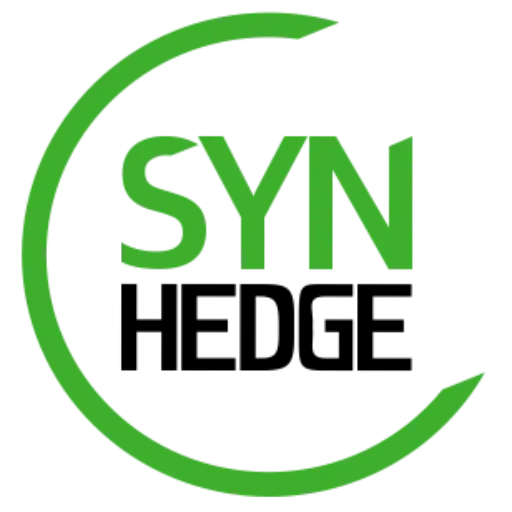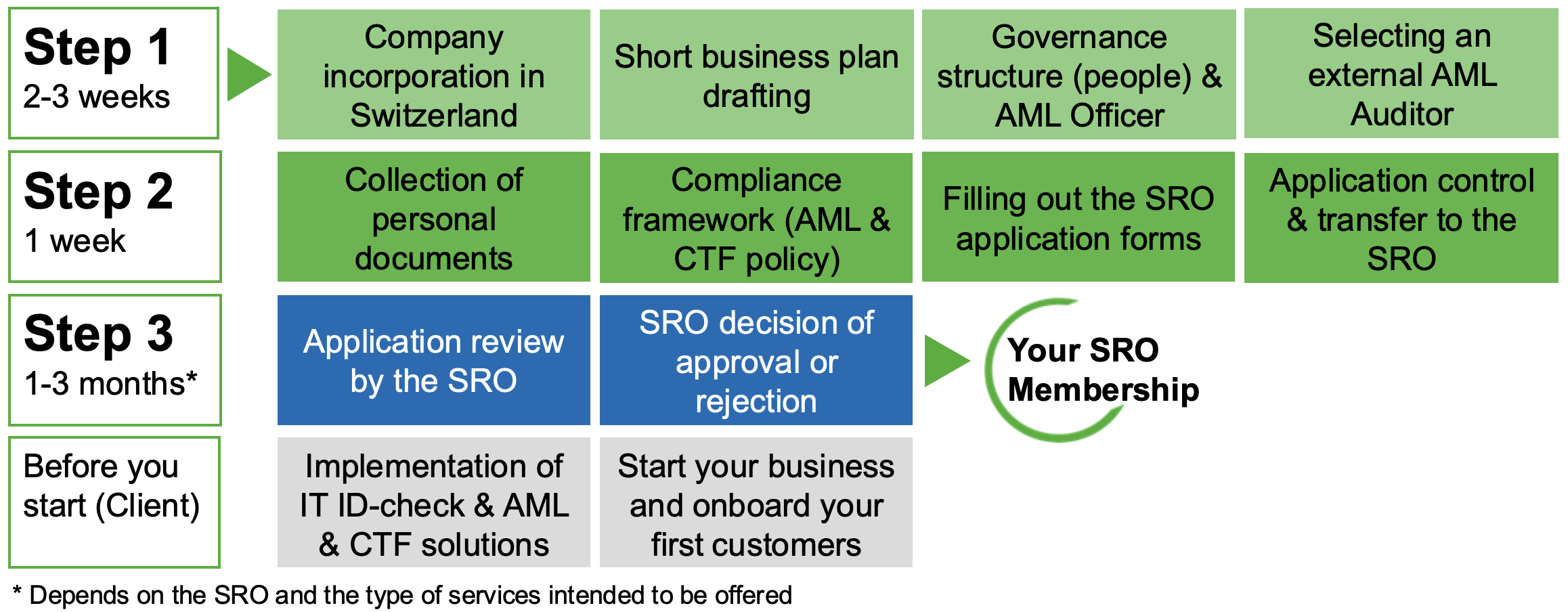No, VQF SRO members are not subject to a regulatory capital requirement. Unlike banks or licensed financial institutions, VQF members do not need to maintain a capital buffer for regulatory purposes. However, Swiss corporate law requires a minimum share capital to establish a legal entity in Switzerland:
-
Swiss AG (Ltd / SA): Requires a minimum capital of CHF 100,000, with at least CHF 50,000 paid up at the time of incorporation.
-
Swiss GmbH (LLC / SARL): Requires a fully paid-in capital of CHF 20,000.
This corporate capital can typically be used for the company’s operational activities, but certain corporate governance obligations — notably under Article 725 of the Swiss Code of Obligations (CO) — must be respected. These rules become particularly relevant in situations involving capital loss or over-indebtedness, where the board of directors must take specific actions to protect creditors.



